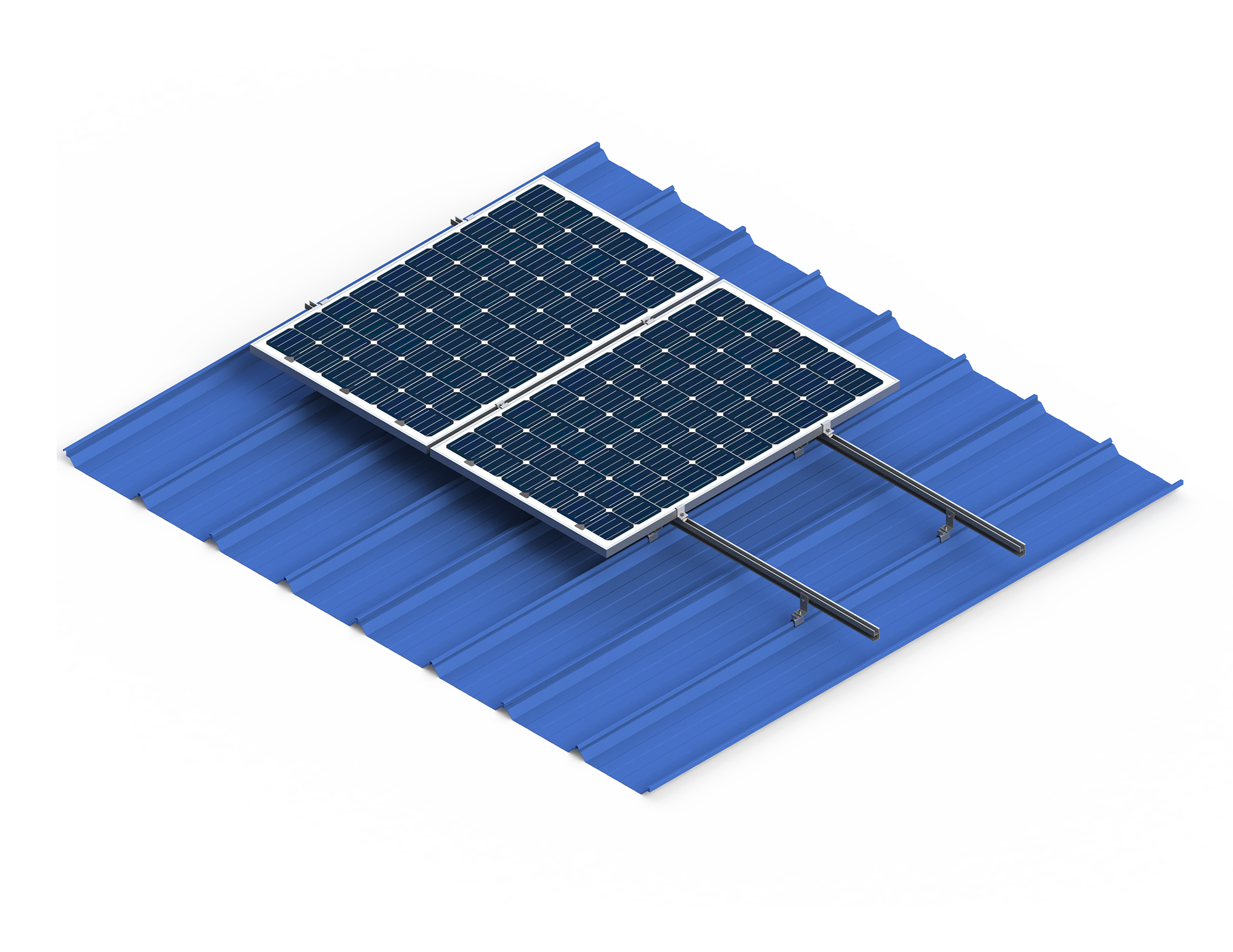Why Solar Panels are a Smart Investment for Commercial Properties
Release time:
Jul 14,2025
Why Solar Panels are a Smart Investment for Commercial Properties
Table of Contents
- Introduction to Solar Energy in Commercial Real Estate
- Financial Benefits of Solar Panels
- The Sustainability Advantage of Solar Panels
- How Solar Panels Increase Property Value
- Reducing Your Carbon Footprint
- Achieving Energy Independence with Solar
- Solar Panels as a Long-Term Investment
- Frequently Asked Questions
- Conclusion: The Smart Choice for Commercial Properties
Introduction to Solar Energy in Commercial Real Estate
In the current business landscape, **solar energy** has emerged as a powerful tool for commercial properties. As organizations strive to reduce operational costs while enhancing their **sustainability efforts**, the adoption of solar panels presents a unique opportunity. This article delves into why solar panels are not just a trend but a strategic investment that offers numerous benefits for commercial property owners.
Financial Benefits of Solar Panels
Investing in solar panels can significantly impact a business's financial health. From reducing monthly energy expenses to leveraging tax incentives, the financial advantages are multifaceted.
Significant Cost Savings on Energy Bills
One of the most compelling reasons to install solar panels is the potential for **significant cost savings** on energy bills. As energy prices continue to rise, having a solar power system can help stabilize costs. Commercial properties can generate their own electricity, drastically reducing reliance on grid power, which translates into lower monthly expenses. In many cases, businesses can expect to save thousands of dollars annually, allowing for reinvestment into other areas of the business.
Tax Credits and Incentives Available for Businesses
The government offers various **tax credits and incentives** for businesses that invest in solar energy. The Federal Investment Tax Credit (ITC) allows commercial property owners to deduct a significant percentage of the solar installation costs from their federal taxes. Additionally, many states and local municipalities provide further incentives, making solar energy even more financially appealing. These savings can substantially shorten the payback period on the initial investment in solar technology.
The Sustainability Advantage of Solar Panels
As the global focus shifts toward sustainability, businesses that embrace eco-friendly practices not only contribute positively to the environment but also enhance their brand reputation.
How Solar Panels Increase Property Value
Studies show that properties equipped with solar energy systems typically have higher market values. Buyers are increasingly looking for energy-efficient features, and solar panels offer a clear advantage. Properties with solar installations often sell for more, as potential buyers recognize the long-term savings on utility bills and the environmental benefits stemming from renewable energy sources.
Reducing Your Carbon Footprint
In an era where environmental consciousness is paramount, businesses can take proactive steps to **reduce their carbon footprint**. Implementing solar energy reduces dependence on fossil fuels, leading to lower greenhouse gas emissions. This not only benefits the environment but also aligns with consumer expectations, as more customers prefer to engage with companies that prioritize sustainability.
Achieving Energy Independence with Solar
For commercial properties, achieving a degree of **energy independence** is a significant advantage. By generating your own power, you reduce vulnerability to fluctuations in energy prices and supply disruptions. This independence allows for better budget forecasting and strategic planning for future growth.
Solar Panels as a Long-Term Investment
While the initial investment in solar panels may seem substantial, it is essential to view it as a **long-term investment**. With advancements in solar technology, systems today are more efficient and durable than ever before. Most solar panels come with warranties lasting around 25 years, ensuring that your investment continues to yield returns for decades. Moreover, as energy costs rise, the return on investment for solar energy will only improve over time.
Frequently Asked Questions
1. What types of commercial properties can benefit from solar panels?
Almost any commercial property, including offices, warehouses, retail stores, and manufacturing facilities, can benefit from installing solar panels. The key is to assess the available roof space and sunlight exposure.
2. How much can businesses save on energy costs with solar panels?
Savings vary depending on the size of the system, energy consumption, and local energy prices. On average, businesses can save 20-30% on their energy bills after installing solar panels.
3. Are there financing options available for commercial solar installations?
Yes, there are multiple financing options, including solar loans, leases, and power purchase agreements (PPAs), making solar energy accessible even if upfront costs are a barrier.
4. What maintenance is required for solar panels?
Solar panels require minimal maintenance. Regular cleaning and periodic inspections are typically sufficient to ensure optimal performance.
5. How long does it take to see a return on investment for solar panels?
The payback period for solar panels usually ranges from 5 to 10 years, depending on various factors such as system size, incentives, and local energy rates.
Conclusion: The Smart Choice for Commercial Properties
In conclusion, investing in solar panels is a **strategic move** for commercial properties that seek to enhance their financial stability and sustainability. With substantial cost savings, increased property values, and reduced carbon footprints, solar energy presents a compelling case for businesses. As we move towards a more sustainable future, embracing solar technology is not just smart for the bottom line; it is essential for responsible business practices in today’s world. The transition to solar energy is not merely an option; it is becoming a necessity for businesses that wish to thrive in an increasingly competitive landscape.
Related News







